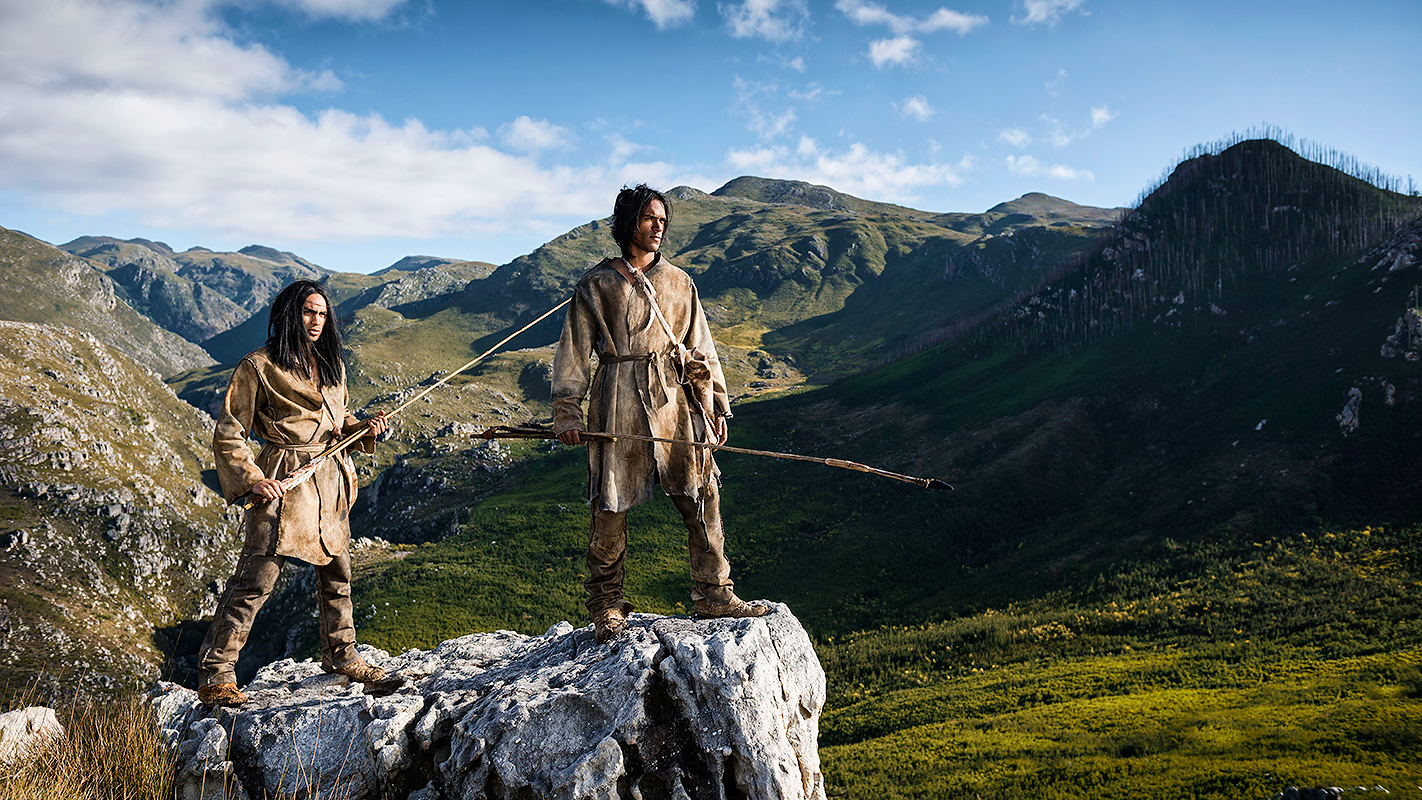The PBS Hawaiʻi Livestream is now available!
PBS Hawaiʻi Live TV
See how the mixing of prehistoric human genes led the way for our species to survive and thrive around the globe. Archaeology, genetics and anthropology cast new light on 200,000 years of history, detailing how early humans became dominant.
Americas
As early humans spread out across the world, their toughest challenge was colonizing the Americas because a huge ice sheet blocked the route. It has long been thought that the first Americans were Clovis people, who arrived 13,000 years ago. But an underwater discovery in Mexico suggests people arrived earlier — coming by boat, not on foot. How closely related were these early Americans to today’s Native Americans? It’s an emotive issue, involving one of the most controversial fossils in the world, Kennewick Man.
Africa
200,000 years ago, a new species, Homo sapiens, appeared on the African landscape. While scientists have long imagined eastern Africa as a real-life Garden of Eden, the latest research suggests humans evolved in many places across the continent at the same time. Now, the DNA of a 19th-century African-American slave reveals that during the early days of our species, our ancestors continued meeting, mating and hybridizing with other human types in Africa – creating ever greater diversity within us.

